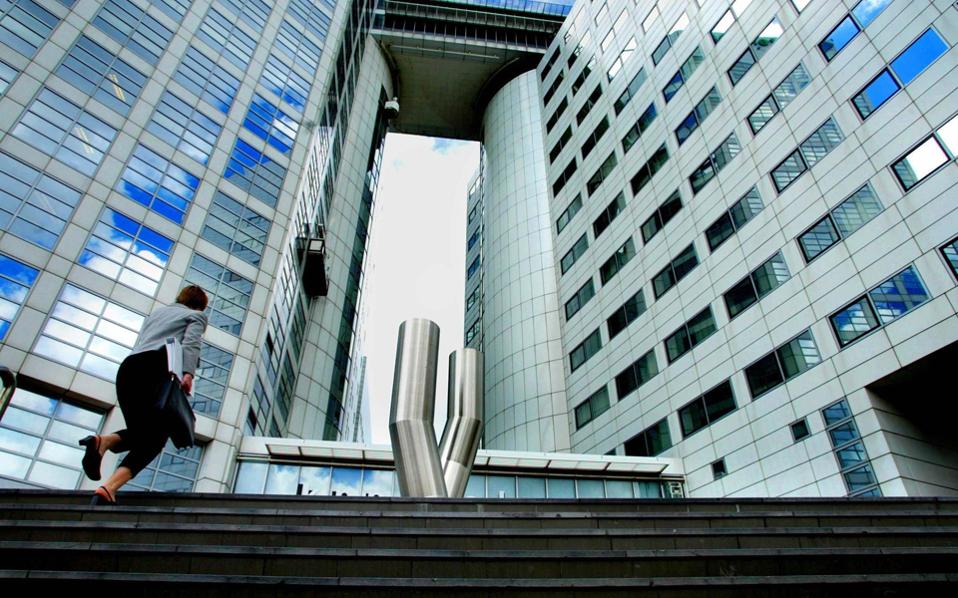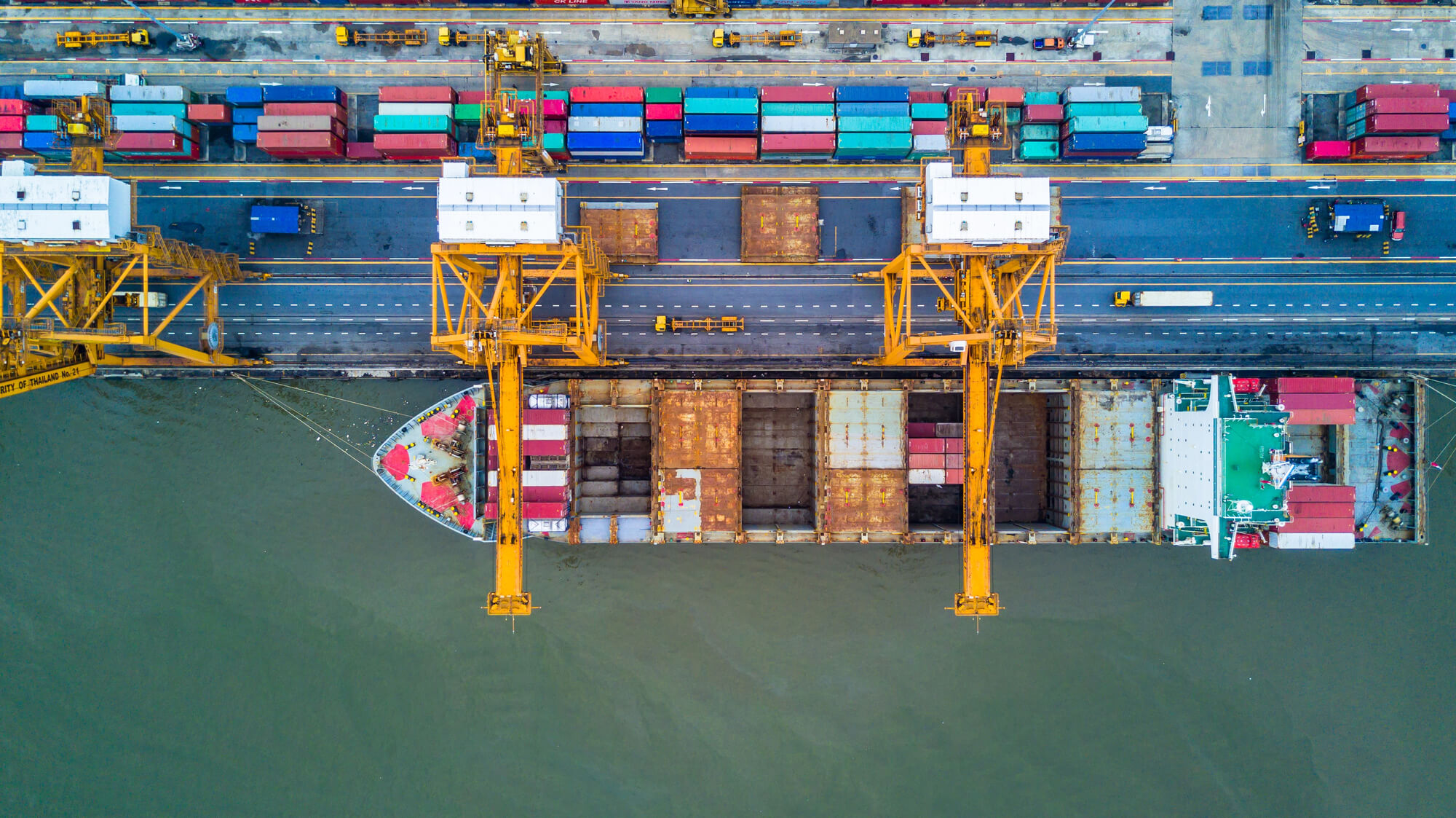
By Kateryna Dronova
Evasion of military service has always been and remains the crime, but the attitude to this action has drastically changed in Ukraine since “Anti-Terrorist Operation” has been launched. Interestingly, prior to the war famous Ukrainian poet Serhii Zhadan had expressed a similar sentiment in his poem “Military Commissariat” (Voenkomat, 2008). Does this fictional story of draft-dodging expressed publicly on multiple occasions radically differ from Ruslan’s story published in his own video blog? Whenever there is a breach of individual right, the reaction of publicity and civil control over the adherence to procedural and substantive norms become crucial. It is an obligation of the civil society to react to any injustice irrespectively of whether it happens to “conventional ideological adversary” or not.
The latest news of Ukrainian legal world trigger much critique, though one can find plenty of sophisticated explanations for yet another governmental or legislator’s failure: excessive use of executive power in the case of belligerent reprisals, clash of political interests, etc. The more one overthinks certain problem in attempt to fit government’s actions to academic categories, the faster a more plausible explanation slips away: the state does not function as problem solver nor fulfills utilitarian ideal of maximizing total benefit and reducing suffering. Instead, authorities view the world as divided into two groups, namely “our fellows” and “the rest”. Once a person (or group of people) does not belong to the “affable fellows” he/she becomes subject to an ancient principle qui non est nobiscum, adversus nos est. The scale of “the rest” may vary from one person to the whole country. Depending on the number of people belonging to this outcaste category, the social perception and reaction differs, awarding (or depriving of) government’s actions with the legitimacy.
While this sounds vague, I suggest our reader to have a look at two completely distinctive situations involving different fields of law, which demonstrate this obnoxious pattern.
The case of infamous Ruslan Kotsaba
Ruslan Kotsaba, a journalist at the local news bureau “Firtka” (Ivano-Frankivsk), has made a video for his YouTube blog, where he addresses Ukrainian President requesting to put an end to ongoing hostilities and claims that he would rather serve a sentence for draft evasion than participate in “civil war” in Eastern Ukraine. Although he also suggests that this is what any other decent man should do, he says that he abstains from judging people serving in or volunteering for Ukrainian troops.
The reaction of Ukrainian government was intense. Security Service arrested blogger and the Court decided to detain him for 60 days till the next hearing as a precautionary measure. Ruslan is suspected of the high treason and impeding the legitimate activities of the Ukrainian Armed Forces.
Publicity was rather unequivocal mainly because of media involvement. Ruslan’s colleagues were quick to react and label actions of the Secret Service as an outrageous infringement upon the freedom of expression. Interestingly, that once Amnesty International stood up for Ruslan naming him “a prisoner of conscious” a strong wave of criticism swept through social media criticizing both, the NGO and Ruslan. For instance, this spectacular piece by Hanna Malyar admits that Ruslan’s case obviously does not qualify under any of incriminated Criminal Code’s provisions (Arts. 111(1) and 114(2)), but insists that he should be held liable for criminal incitement (draft evasion during mobilization, Art. 336 of the Criminal Code).
There’s also another angle in this story: along with publishing news about Ruslan’s detention it became a must to write about his alleged connection with Russian surveillance and belligerents. The more one reads about him, the stronger grows the feeling that he is not “our fellow”, he does not share our beliefs and most likely (though, there’s no proof to it) he cooperates with our enemy. In the end of the day, it doesn’t even matter what his video (the sole reason for his arrest) is about.
Avoidance and evasion of military service has always been and remains the crime, but the attitude to this action has drastically changed in Ukraine since “Anti-Terrorist Operation” has been launched. Interestingly, prior to the war famous Ukrainian poet Serhii Zhadan had expressed a similar sentiment in his poem “Military Commissariat” (Voenkomat, 2008). It has been written long before the hostilities in the East broke out and has become an example of slashing criticism directed against Ukrainian army. The protagonist of the poem argues with his mother (insisting that he should join the army in order to rectify him and cure from drug addiction) and reaches the conclusion that he should evade the service. This year Serhii together with his band excluded this composition from their playlist since “circumstances involving army have changed.” Clearly, the declamation of this poem does not qualify as an act of treason under any circumstances. However, is it possible to interpret the central message of this verse as an incitement to crime of draft evasion (Art. 335 Criminal Code)? Does this fictional (but popular) story of draft-dodging expressed publicly on multiple occasions radically differ from Ruslan’s story published in his own video blog? What makes one of them an opinion/a vision, while the other is an incitement to a crime? It is crucial to differentiate between the sentiments surrounding the situations described above and the actual legal treatment of the appeal. One may not necessary like the message expressed by Ruslan, but the fact that one doesn’t like it should not change its legal treatment.
Ruslan does not share the sentiment of the majority.
Qui non est nobiscum, adversus nos est.
The case on accepting ICC’s jurisdiction
Another big and intensely discussed event last week was adoption (after long months or even years of peer pressure) by Ukrainian Parliament Resolution №1887 accepting the jurisdiction of the International Criminal Court (ICC). The willingness to accept the jurisdiction of the Court before Ukraine has ratified its statute could have been very good news, but it didn’t. What an affront!
The title of Parliament’s Resolution is nothing but an epic facepalm: “On the Statement on recognition on the part of Ukraine jurisdiction of the [ICC] in regard to committing crimes against humanity and military crimes by higher-ranking officials of the Russian Federation and leaders of terrorist organizations of DPR and LPR that led to particularly serious consequences and mass killings of Ukrainian citizens”. This means that Ukraine accepts jurisdiction of the Court exceptionally over named persons (higher-ranking officials) who are also partially foreign nationals (citizens of the Russian Federation). Ukraine also implies that the Court should consider no other person, including e.g. Ukrainian higher-ranking officials. Not only Article 120 of the Rome Statute expressly forbids any reservations to this Statute, but also this statement is exceptionally disrespectful to the Court. Ukraine requests to conduct an investigation of war crimes and crimes against humanity, and names those guilty of the crime dabbing a finger into Putin’s face in advance. There are two strong commentaries on this matter (by Volodymyr Yavorskiy and Mykola Gnatovsky) providing detailed legal explanations.
Generally speaking, the logic of this statement is unthinkable in legal world reaching the scale of anecdotal (the story about a man who divorced with his wife because she used to write the name of the murderer on the first page of detective novel). Nevertheless, 271 deputes has voted in favor of this Resolution.
Although the statement is hilarious, there is a purpose to its form: legislator is trying to make sure that if Ukrainian officials or militia are to be found guilty in crimes, they are safe since Ukraine have never recognized ICC’s jurisdiction over them. Once again, there’s no strife for justice but desire to secure interests of “our fellows”. “The rest” is now militia of other country. And even if experts would say that this is simply stupid, the public would be satisfied. Today we are excluded from “the rest”, why bother?
Qui non est nobiscum, adversus nos est.
Conclusion
The double standard approach described above continuously polarizes society, while becoming axiomatic and habitual. The major problem with such attitude is that once “the rest” consists of a large social group it is more likely that this group may defend itself, but when “the rest” is just one person awaiting a sentence the chances to rebut are not so high. Whenever there is a breach of individual right, the reaction of publicity and civil control over the adherence to procedural and substantive norms become crucial. It is an obligation of the civil society to react to any injustice irrespectively of whether it happens to “conventional ideological adversary” or not. Once such injustice is forgiven because of the personal enmity it creates the dangerous precedent for the other potential breaches upon individual rights and facilitates the impunity. The aim of this post is not to defend Ruslan, but spot how quickly he was depicted as a criminal, spy and traitor without any reliable proof. It is not clear whether Ukrainian Secret Services had any reasonable cause to suspect that Ruslan had been cooperating with Russian surveillance before the intrusion into privacy of Ruslan’s home. The YouTube video and the history of professional connections with colleagues in Russia (mentioned in the Court’s decision) do not necessarily immediately result in a treason. May personal enmity justify the breach of criminal procedure? May personal enmity give the government carte blanche to mask evident unprofessionalism as in a case with Rome statute quasi-non-ratification? The justice must remain blind, Ukrainian law enforcement authorities must remain impartial and media must resist the temptation to shift the perception of the objective facts from neutral to radically adverse.


